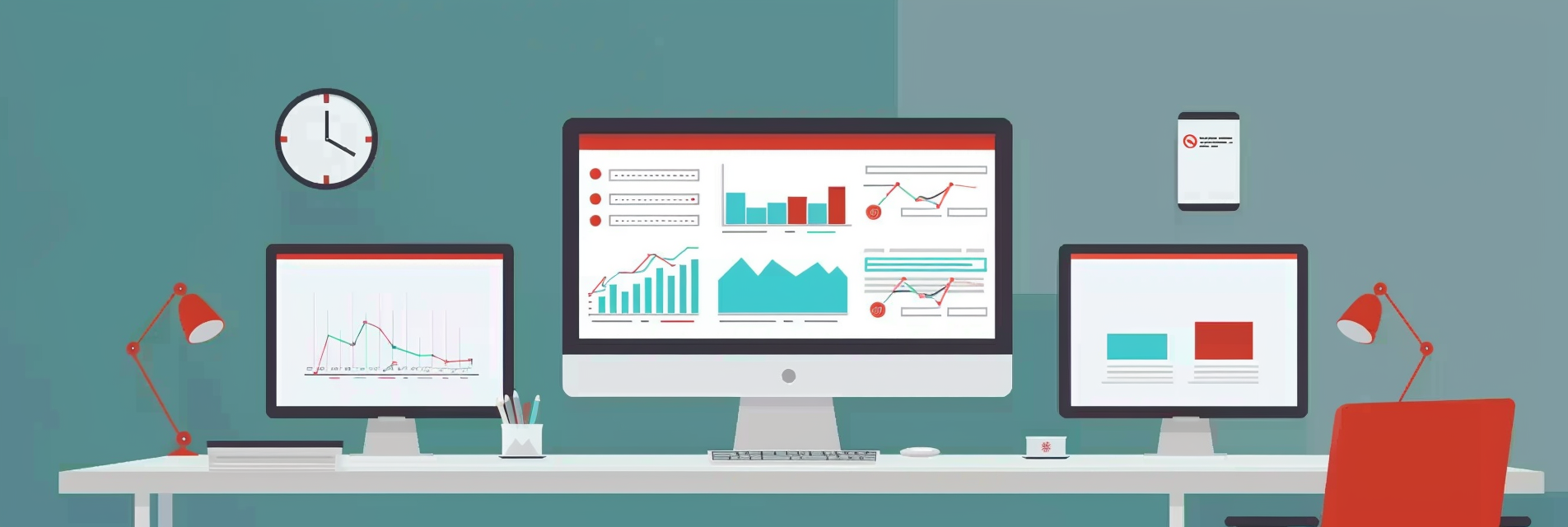 400-076-6558智领未来,外贸超级营销员
400-076-6558智领未来,外贸超级营销员
 400-076-6558智领未来,外贸超级营销员
400-076-6558智领未来,外贸超级营销员
As someone who has been in the international trade business for over a decade, I can confidently say that the foundation of successful trading lies in understanding your clients. In a global market where cultural, financial, and operational differences can pose significant risks, conducting comprehensive background research and financial assessments has become not just advisable, but necessary.
Background research and financial assessments are not only about checking a client's creditworthiness; they're about uncovering the broader picture of the potential risks and rewards involved in a partnership. This article will outline the critical steps in evaluating new clients, share real-world success stories, and provide valuable insights into mitigating risks through due diligence.
1. **Company Verification**: Start by confirming that the company is legitimate. This includes researching their registration with the appropriate government bodies and obtaining their business licenses. For example, while working with a client in Nigeria, a simple check revealed that their business registration had lapsed, which saved us significant resources.

2. **Ownership and Management Profiles**: Knowing who is behind the curtain is equally vital. Use LinkedIn and other social platforms to research management backgrounds, their previous ventures, and their reputation in the industry. For instance, a Belarusian client looked promising with a well-structured offer, but a closer look at their CEO’s history revealed several bankruptcies.
3. **Operational Capabilities**: Evaluate the client's operational capacity. Can they handle large orders? Do they have the necessary technology and logistics in place? In one case, a potential partner claimed they could deliver high-volume exports, but their production capacity was far from sufficient.
Once preliminary vetting is done, a financial assessment is in order. This goes beyond looking at the financial statements they provide; it involves:
1. **Credit Reports**: Use third-party services to obtain their credit reports. This will provide insight into their payment history and any outstanding debts.
2. **Financial Ratios**: Assessing key financial ratios like current ratio, quick ratio, and debt-to-equity ratio helps in understanding their financial health. For instance, a Vietnamese client had an impressive revenue growth rate, but their increasing debt levels raised alarm bells.

Throughout my career, I have seen the significance of these assessments yield results. A notable case was with an Ecuadorian supplier; after conducting a thorough assessment, we found they had misrepresented their financial stability. This led us to pivot to another more reliable supplier, which has since led to a fruitful ongoing partnership.
Furthermore, I implemented a financial assessment process for a startup in the textile industry, which led to securing a significant supplier contract in Turkey. Initially skeptical due to the startup's credentials, our thorough research unveiled their impressive backing by an established corporation, sealing the deal.

In conclusion, background research and financial assessments are indispensable tools in international trade. They allow us to dodge potential pitfalls and find trusted partners that can contribute to our success story. Every decision based on meticulous research increases the likelihood of favorable outcomes. Whether you're just starting or are seasoned in the trade, make it a priority to implement a thorough assessment strategy. Your future success may very well depend on it.
.png?x-oss-process=image/resize,h_100,m_lfit/format,webp)
.png?x-oss-process=image/resize,h_100,m_lfit/format,webp)

.png?x-oss-process=image/resize,h_100,m_lfit/format,webp)
.png?x-oss-process=image/resize,h_100,m_lfit/format,webp)
.png?x-oss-process=image/resize,h_100,m_lfit/format,webp)
.png?x-oss-process=image/resize,h_100,m_lfit/format,webp)
